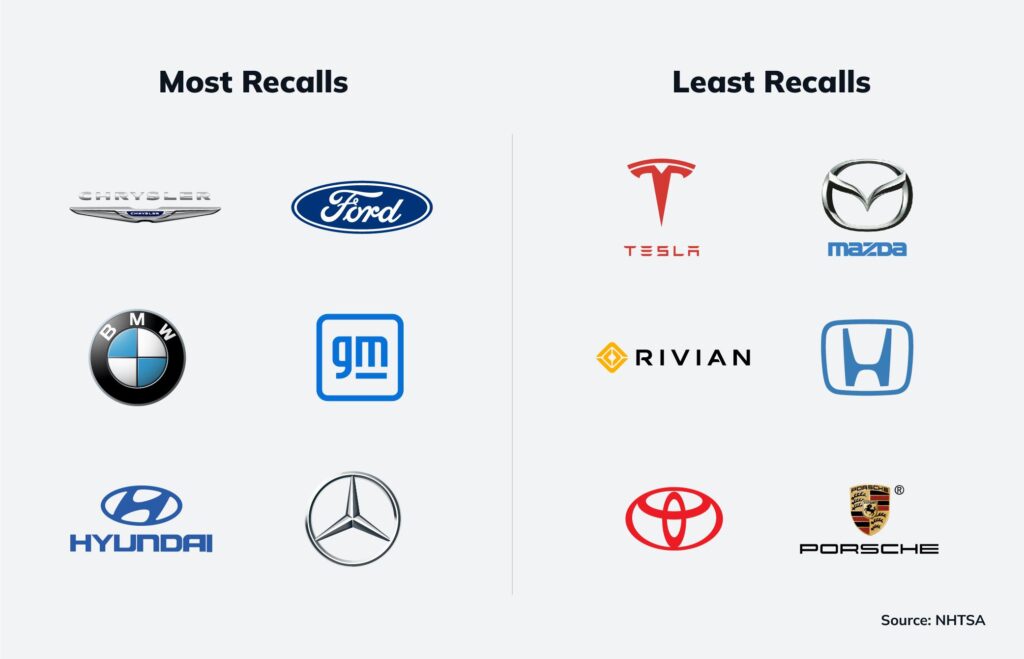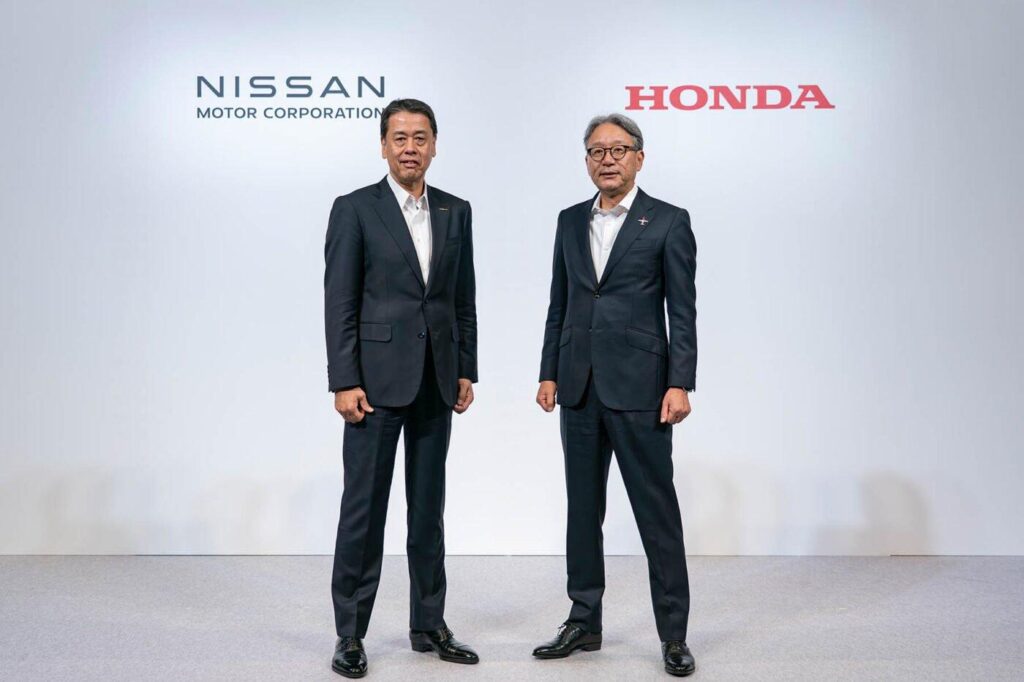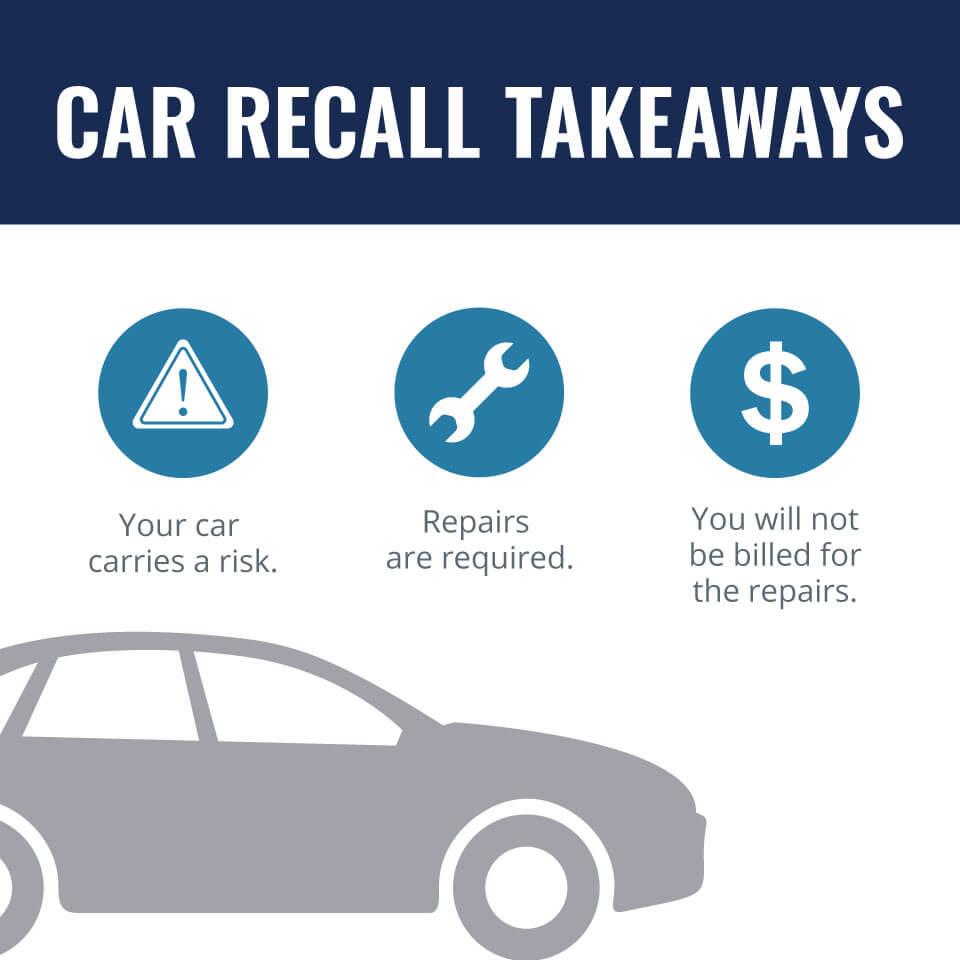In the rapidly evolving landscape of automotive innovation, January’s electric vehicle sales figures have emerged as a compelling narrative of unexpected triumphs and shifting market dynamics. As traditional automotive powerhouses and emerging electric pioneers vie for supremacy, this month’s sales data reveals a surprising twist that challenges long-held assumptions about electric vehicle leadership. Behind the numbers lies a complex tapestry of technological advancement, consumer preferences, and strategic positioning that is reshaping the future of transportation before our very eyes. The electric vehicle landscape is witnessing a fascinating shift as January’s sales figures roll in, revealing unexpected leaders and surprising market dynamics. Tesla, long considered the undisputed EV champion, found itself in an intriguing position this month, with traditional automakers making significant strides.
Ford emerged as a standout performer, leveraging its F-150 Lightning and Mustang Mach-E models to capture substantial market share. The company’s strategic pricing and robust marketing have positioned these vehicles as compelling alternatives to Tesla’s offerings, attracting both traditional truck enthusiasts and eco-conscious consumers.
Hyundai and Kia also demonstrated impressive momentum, with their dedicated EV platforms like the IONIQ 5 and EV6 gaining considerable traction. These Korean manufacturers have successfully blended cutting-edge design, competitive pricing, and advanced technological features, challenging established market narratives.
Volkswagen’s ID.4 continued its steady growth, reflecting the German automaker’s commitment to electrification. The model’s practicality and competitive pricing have resonated with mid-market consumers seeking reliable electric transportation.
Chevrolet’s Bolt EV and EUV models showed renewed vigor, benefiting from recent price reductions and improved consumer perception following earlier battery-related challenges. General Motors’ focused approach to electric vehicle development is gradually paying dividends.
Rivian, the nimble electric truck startup, maintained its momentum with steady sales of its R1T and R1S models. Despite facing initial production challenges, the company has carved out a unique niche in the high-end electric adventure vehicle segment.
Notably, luxury brands like BMW and Mercedes-Benz are also making significant inroads, with their electric SUV and sedan offerings attracting premium segment buyers. The i4, EQS, and iX models are proving that electrification can coexist with high-end performance and sophisticated design.
The January sales figures underscore a rapidly evolving electric vehicle market. Traditional automotive giants are no longer playing catch-up but are actively innovating and competing aggressively. Consumer preferences are shifting, with factors like range, charging infrastructure, design, and total cost of ownership becoming increasingly important.
This month’s sales data suggests a more diverse and competitive EV landscape, where multiple manufacturers are challenging established norms. The electrification revolution is no longer about a single dominant player but a dynamic ecosystem of innovation, offering consumers unprecedented choice and technological advancement.
As charging networks expand and battery technology improves, the EV market is poised for continued growth and transformation, with January’s sales serving as a tantalizing preview of the industry’s potential.





